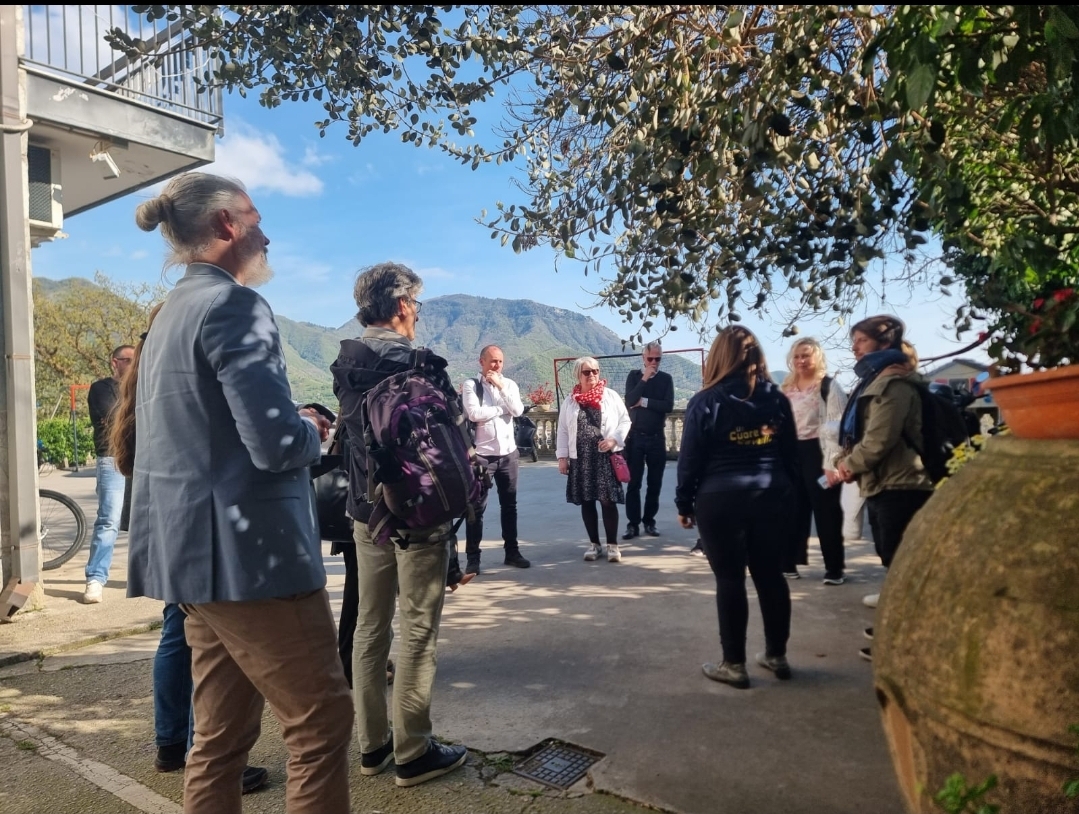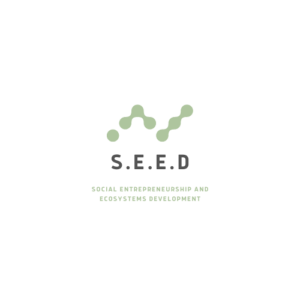Social Entrepreneurship with Heart – Insights from Salerno
SEED’s third social entrepreneurship learning tour took Samiedu Vocational School’s entrepreneurship development teacher Suvi Levonen and internationalisation expert Anne-Mari Behm to Salerno, Italy. April in sunny Italy was lovely in the middle of a snowy spring in Finland. We spent five intensive days in the city of Salerno and the municipality of Baronissi, learning about different kinds of social enterprises in the region.
We visited cooperatives, associations, benefit companies, and foundations. Some focused on social services, others on employment, culture, or environmental education. Many of them were strongly value-driven, and we were impressed by their motivation and commitment.
One key difference from the Finnish model is that Italian social enterprises are often supported and controlled by public administration through funding. Quality control is done through standards and project evaluations. In Finland, social enterprises operate more independently and are often smaller.
We also saw how civilian service plays an important role in Italy. Young people can gain work experience and soft skills while supporting social enterprises. It also brings tax benefits for individuals. This is useful because in Italy, practical training in education is shorter and more theoretical than in Finland.
Another interesting point was how widely volunteers are involved. In many organisations, their role is essential. Suvi Levonen appreciated the strong sense of community – people working together for the good of society.
We also learned about the challenges. Many organisations depend on short-term project funding. This makes long-term planning difficult. Some leaders said they would need more financial and project management skills to make their work more sustainable.
Anne-Mari Behm was especially touched by the strong support for migrants. Large numbers of people from North Africa are arriving in the area, and many social enterprises offer them shelter, guidance, and services. The need is huge, and the work is important.
One thing that surprised us was the weak connection between vocational education and the third sector. In Finland, schools often work closely with companies and organisations. This helps students gain real-world skills and improves the match between education and working life. In Italy, schools seemed more isolated.
Despite some challenges, the passion, quality, and impact of Italian social enterprises were inspiring. We came home with new ideas and deep respect for the people who are making a difference every day



